New Study Spotlights Critical Gap In Health Security: Protecting Health Care Workers
Researchers from Resolve to Save Lives and Johns Hopkins University identify practical steps countries can take to protect health workers, curb COVID-19 and prepare for future epidemics.
Preparation is the Key: Ghana Takes on COVID-19
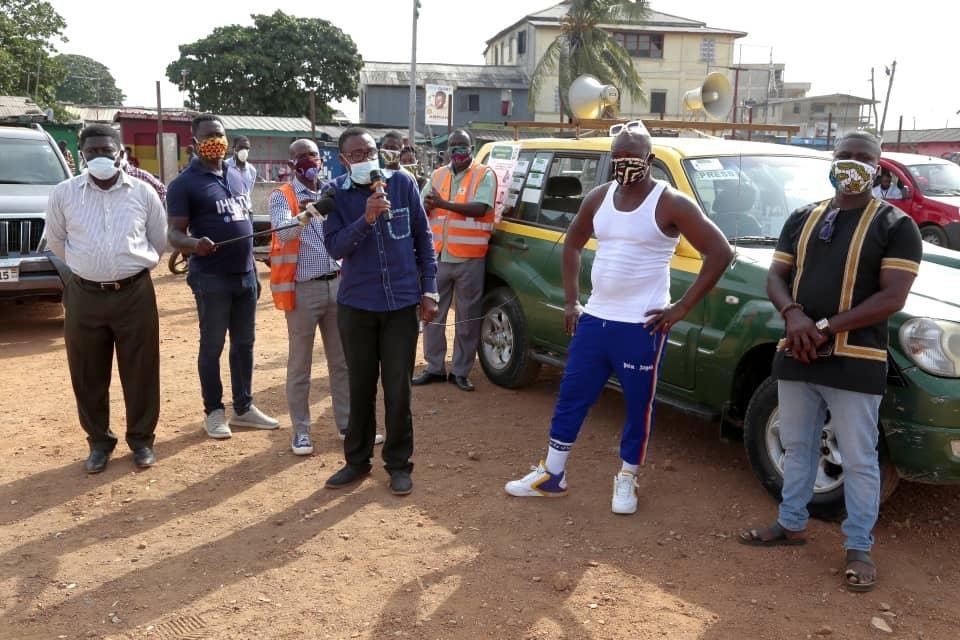
Our Prevent Epidemics site highlights how Ghana has emerged as a leader on the African continent, quickly marshalling its resources to ramp up testing, support healthcare workers, and provide support and economic relief to communities most in-need.
Preparation is the key: Ghana takes on COVID-19
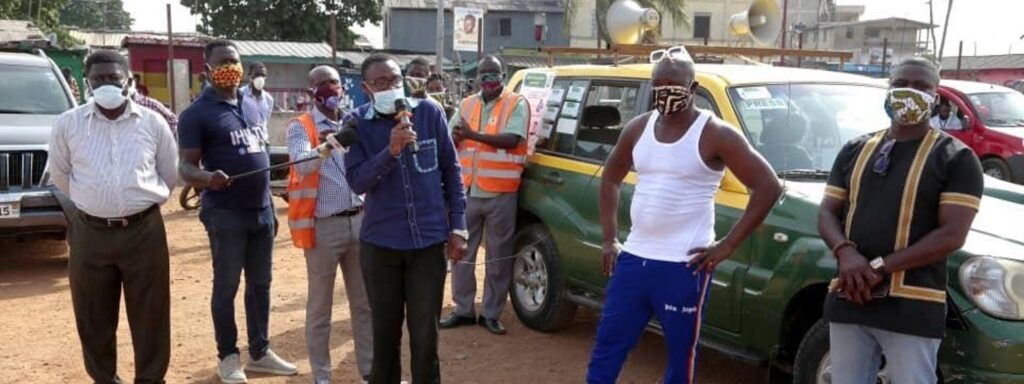
Ghana has emerged as a leader on the African continent, quickly marshalling its resources.
Bloomberg Philanthropies COVID-19 Global Response Initiative Supports 31 African Countries to Expand Their Pandemic Containment and Provides Training for Nearly 6,000 Healthcare Workers
As COVID-19 continues to impact Africa, Bloomberg initiative also bolsters groundwork for future epidemic preparedness systems
New Contact Tracing Playbook Supports US Efforts to Contain COVID-19
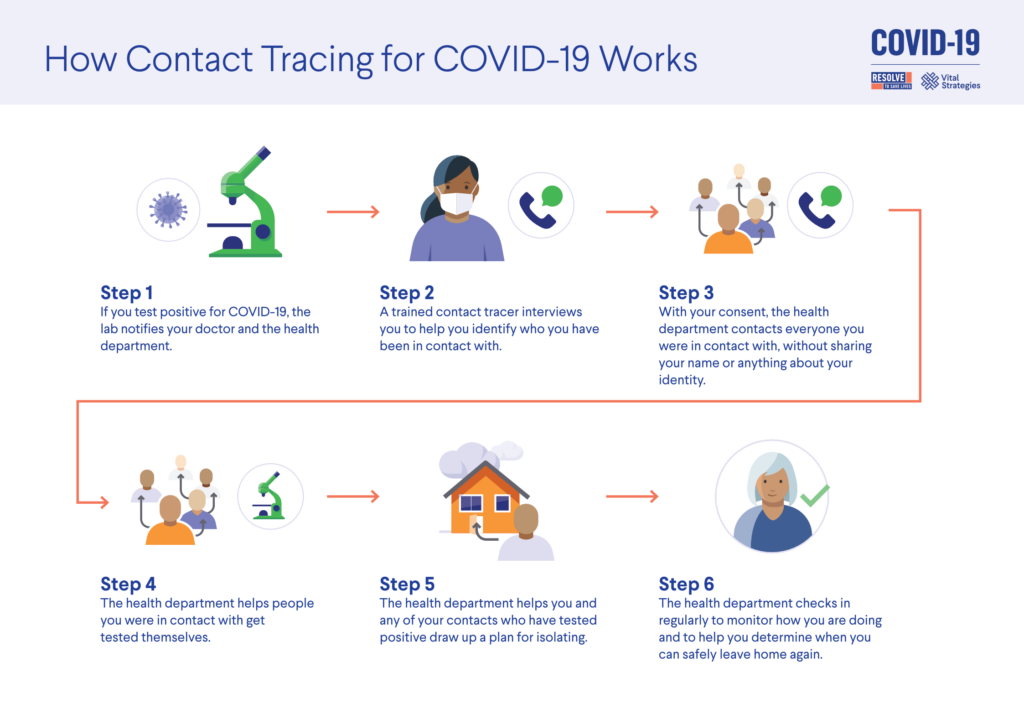
As the COVID-19 response in the US moves to a new stage of containment, our Contact Tracing Playbook will help cities, states, and counties establish trusted and effective contact tracing programs that will reduce the spread of the virus and save lives.
Metrics That Matter
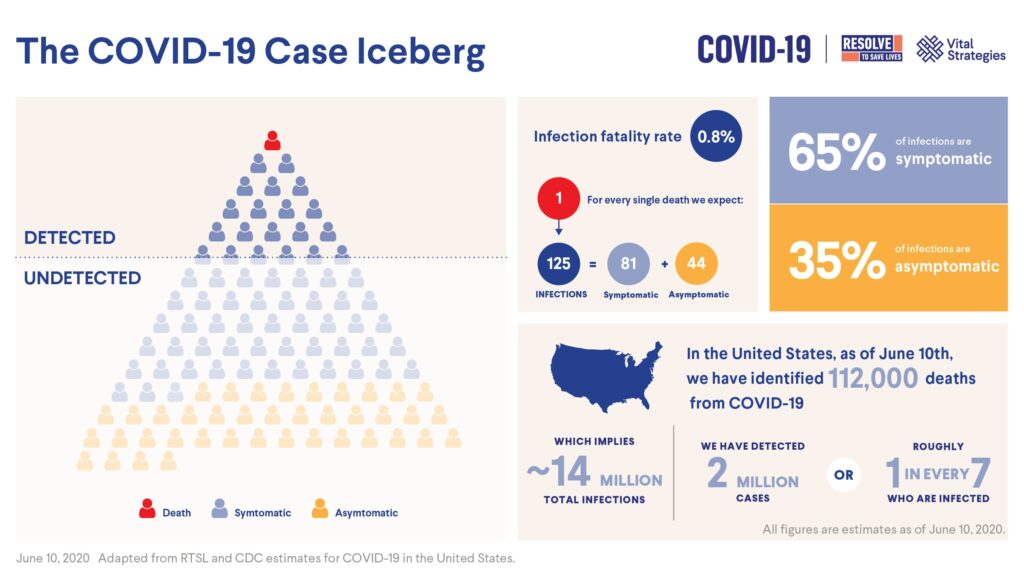
Our expert epidemiologists debunked myths about commonly reported COVID-19 data.
New COVID-19 Risk Communication Hub
Clearly communicating risk is fundamental to an effective pandemic response. With Vital Strategies, we launched a new digital platform that provides more than 200 examples of clear messaging that provides more than 200 examples of clear messaging that governments and NGOs can adapt to fight the spread of COVID-19.
Revealing the Toll of COVID-19
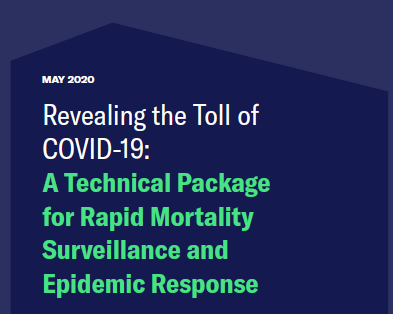
With the World Health Organization and other partners, we released a new technical package to help guide governments to conduct rapid mortality surveillance and make informed decisions based on the true impact of COVID-19 in their countries.
COVID alert system unveiled

We released detailed guidance on how countries can communicate their COVID risk level to the public.
4 Key Steps for COVID-19 Contact Tracing
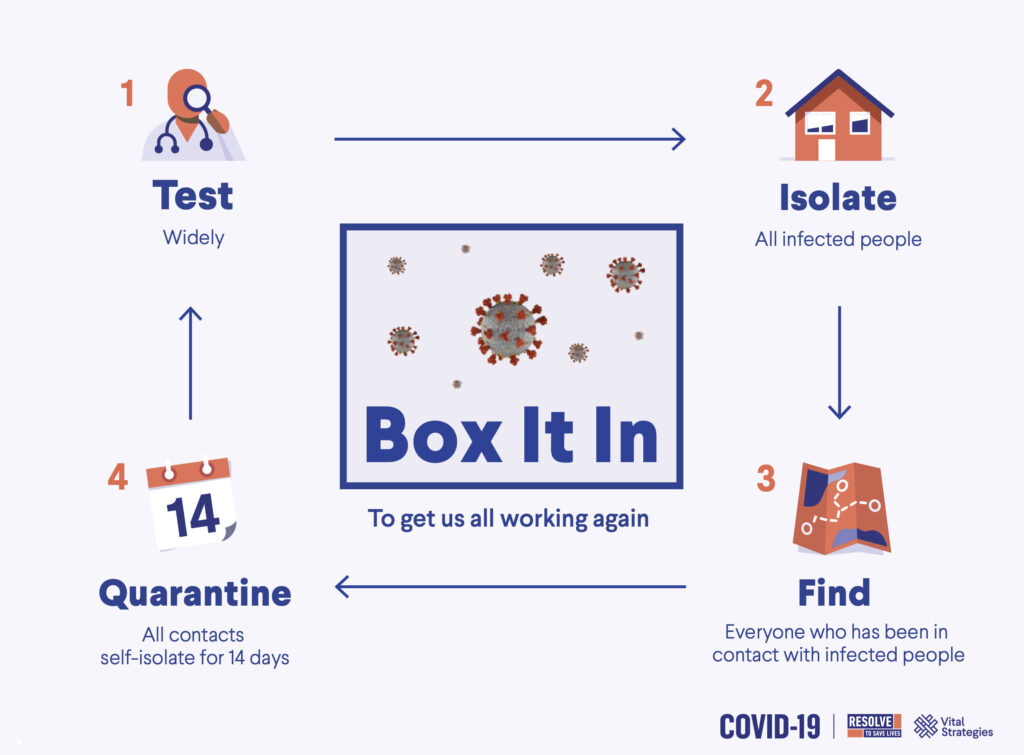
We released an interactive COVID-19 Contact Tracing Playbook that provides clear and actionable technical guidance and tools to for US health departments to rapidly set up and implement contact tracing to support COVID-19 containment.
Lockdown Is a Blunt Tool. We Have a Sharper One.
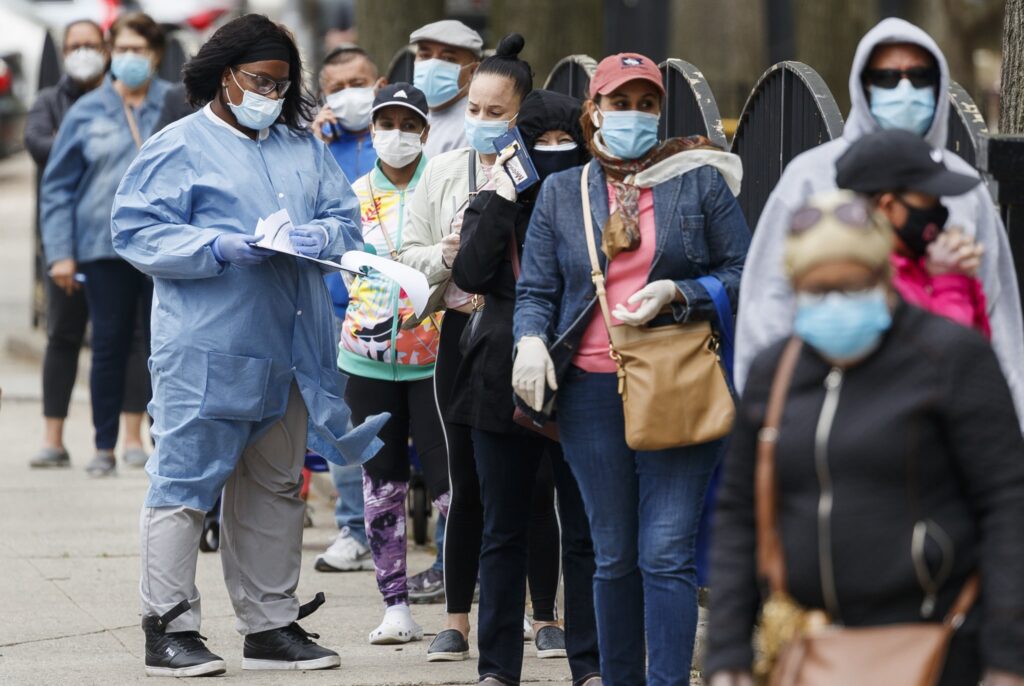
Our president and CEO Dr. Tom Frieden cowrote a piece for the New York Times on the pivotal role of contact tracing in ending lock down and beginning to reopen society.
New Report Provides African Governments Real-Time Information and Guidance to Find the Balance in COVID-19 Response
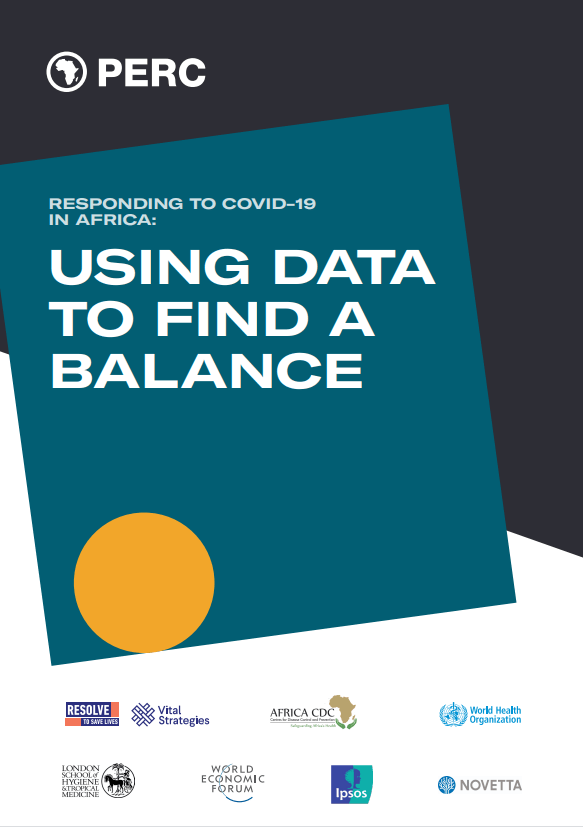
We worked with Africa CDC, WHO, and other partners to launch “Responding to COVID-19 In Africa: Using Data to Find a Balance,” a report that aims to help decision makers use multiple streams of data to strike a balance between reducing transmission and minimizing social and economic disruption.
New video: Stopping the spread of COVID-19 in Africa
We released a short video on the role of public health and social measures in reducing COVID-19 transmission in the African context.
Past, current and future COVID-19 infections: the size of the iceberg and what tests can and can’t tell us
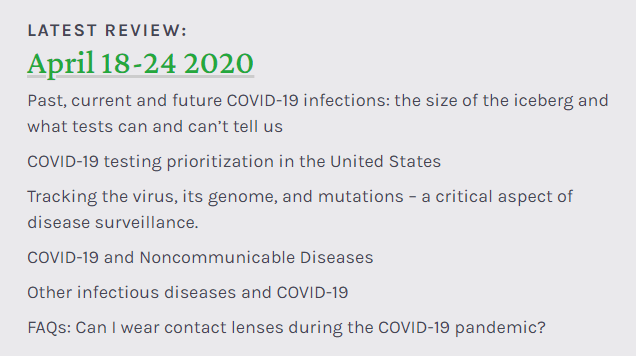
As COVID-19 epidemic mitigation efforts continue, it is critical to understand how many people have had COVID-19 infection, but testing has its limits. Read more in our weekly COVID-19 science brief.
New Interactive Playbook Provides Critical Tool for World’s Public Health Decision-makers to Manage and Adapt COVID-19 Responses
Online tool synthesizes guidance documents and best practices from WHO, US CDC, and Africa CDC and links them to where countries are in the disease curve
Weekly COVID-19 Science Review: April 11-17
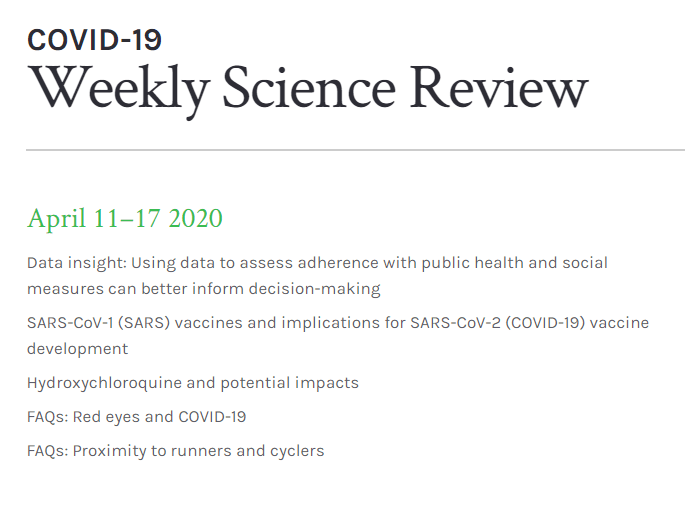
Each week we share a snapshot of new and emerging scientific evidence related to COVID-19. This week, we examine how data can be a powerful tool for policy makers to assess how well people are adhering to public health and social measures, and make better decisions.
New: COVID-19 Playbook for Decision-Makers
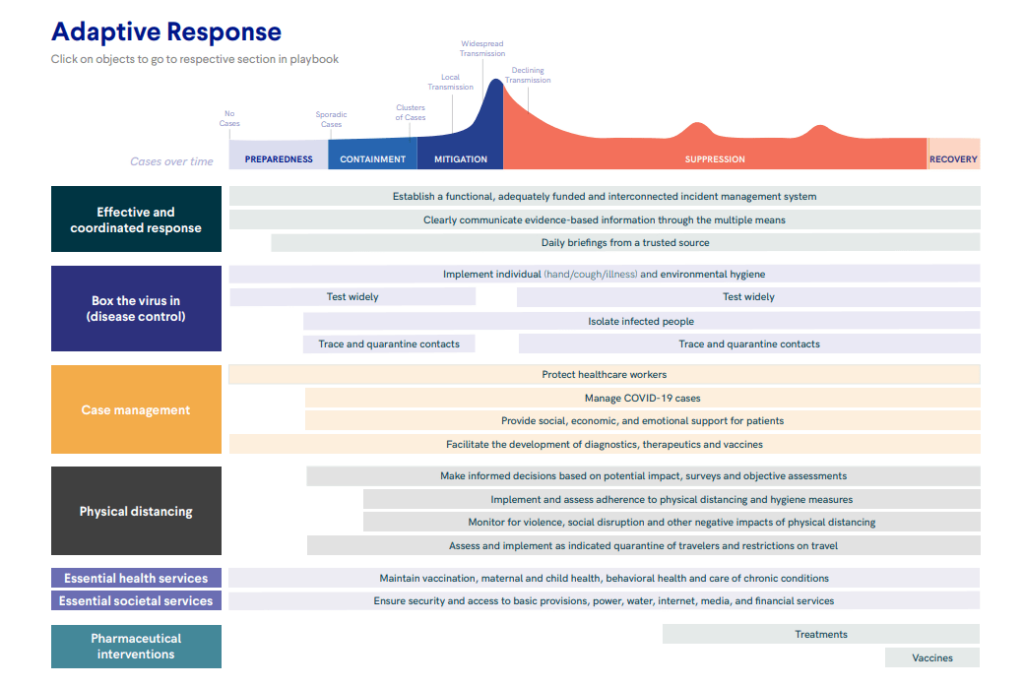
We launched the COVID-19 Playbook, a resource to help decision-makers manage and adapt COVID-19 responses as they move through different phases of the response from preparedness through recovery. Our technical experts will update regularly as new guidance on COVID-19 is released.
‘Box It In’: Next Steps for Reopening Society

We released a plan with four essential actions that governments must commit to – and invest in – to re-open society safely and prevent more explosive spread of COVID-19.
Adaptive Response Press Briefing
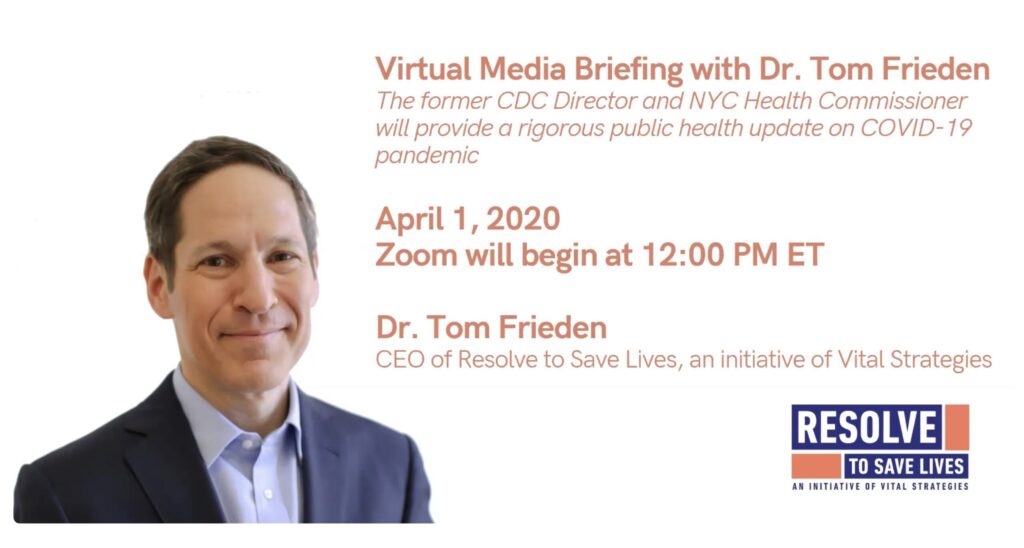
Dr. Tom Frieden and members of the Resolve to Save Lives team briefed reporters on what needs to be done now to safely reopen after COVID-19.
Urging Global Health Security Investment
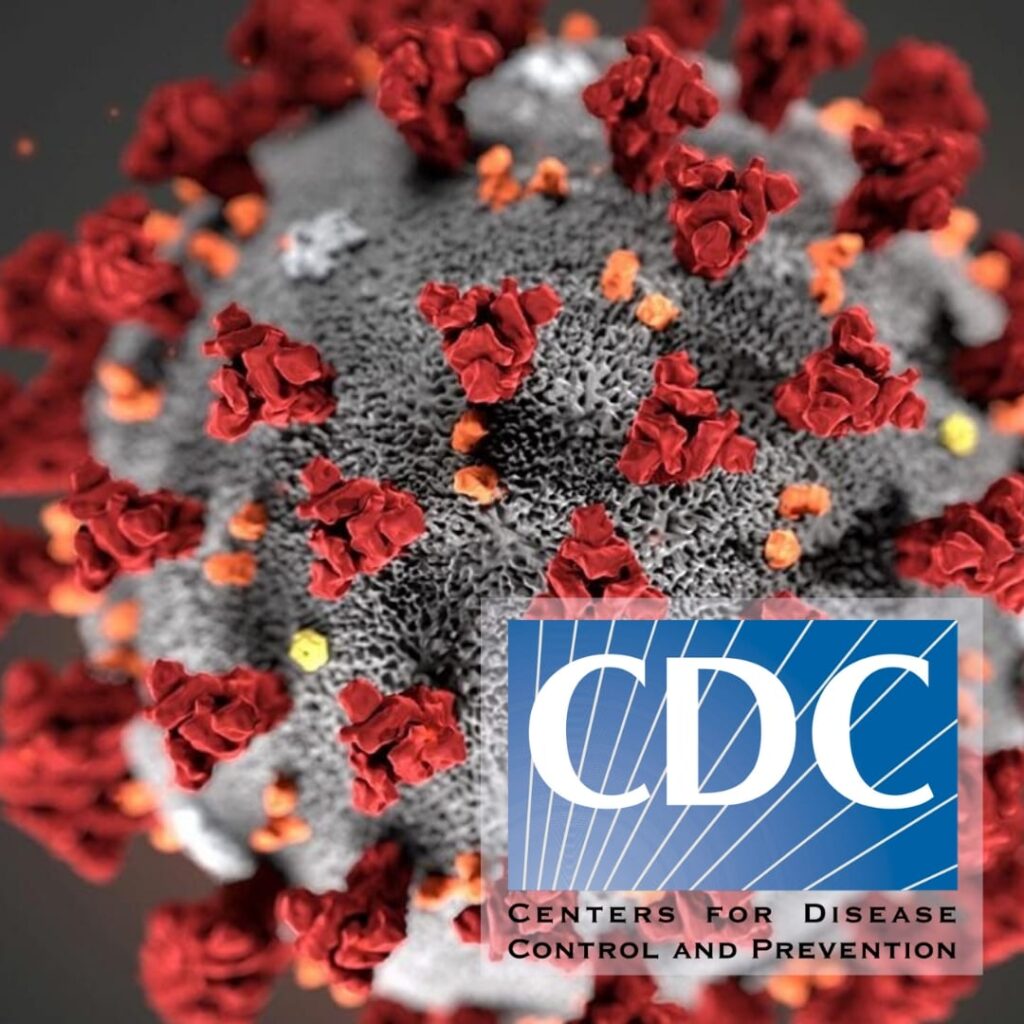
We called on leaders in the US Congress to make the country—and the world—safer by increasing global health security funding for the US CDC.
Resolve to Save Lives and Vital Strategies Urge US Congress to Fund Global Health Security
Congressional leaders should support significant and sustained global health security investment for the Centers for Disease Control and Prevention (CDC) in the next emergency supplemental package. These funds are critical to making the US, and the world, safer from pandemics.
Global Health Minute: Coronavirus
President and CEO Dr. Tom Frieden discusses coronavirus– what we still don’t know, and what we can do to improve global epidemic preparedness– as part of our new Global Health Minute video series.
COVID-19 and Chronic Diseases
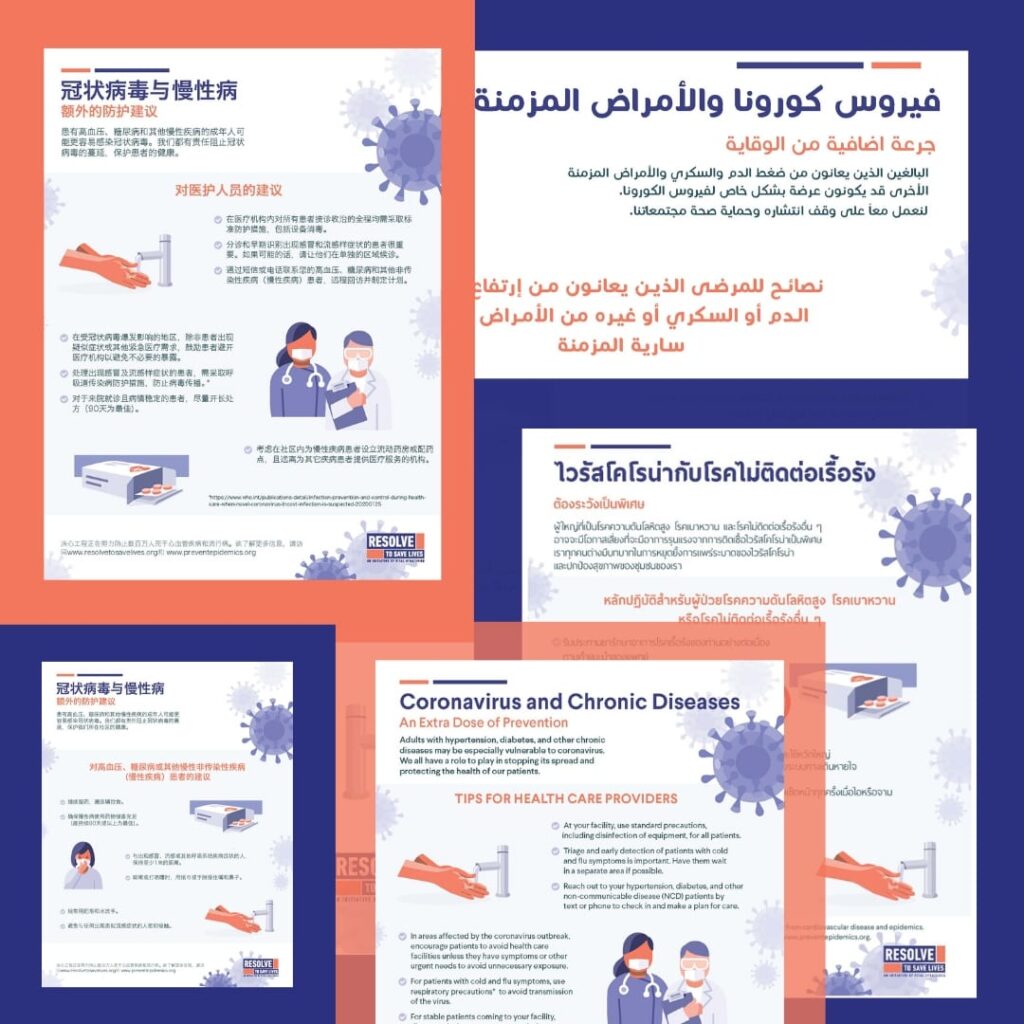
We developed guidance for patients and providers on COVID-19 and chronic diseases, now available in English, Chinese, Arabic, and Thai.
The World is Not Ready for a COVID-19 Pandemic
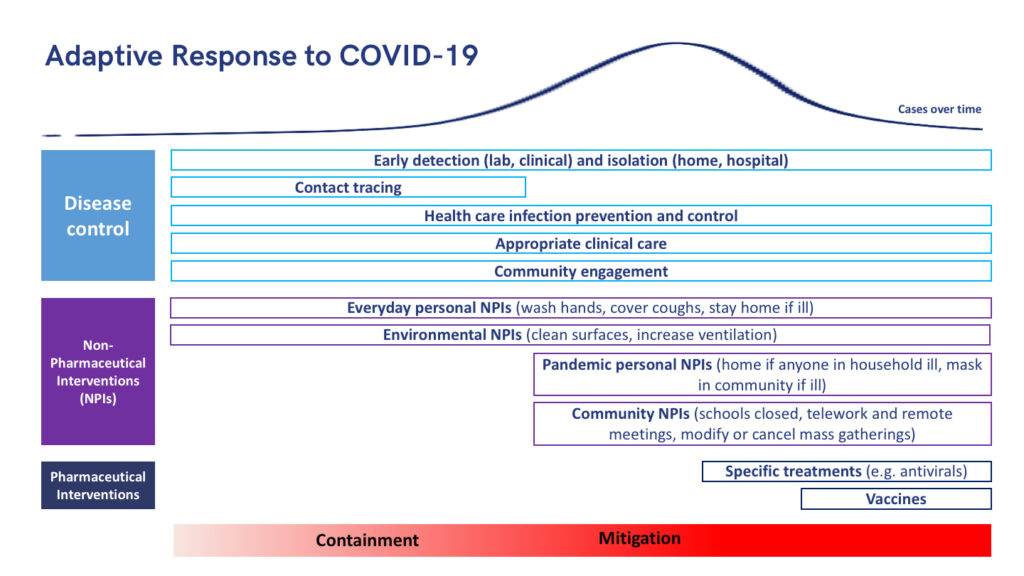
We hosted a virtual media roundtable with President and CEO Dr. Tom Frieden, who called for adequate funding for global public health emphasized the need to protect heath care workers around the world.
Supporting responsible coverage of coronavirus in the media

Senior Vice President Amanda McClelland joined public health specialists at the National Press Club to provide guidelines for journalists on responsible, proactive coverage of coronavirus.
PreventEpidemics.org Offers Updates on Novel Coronavirus
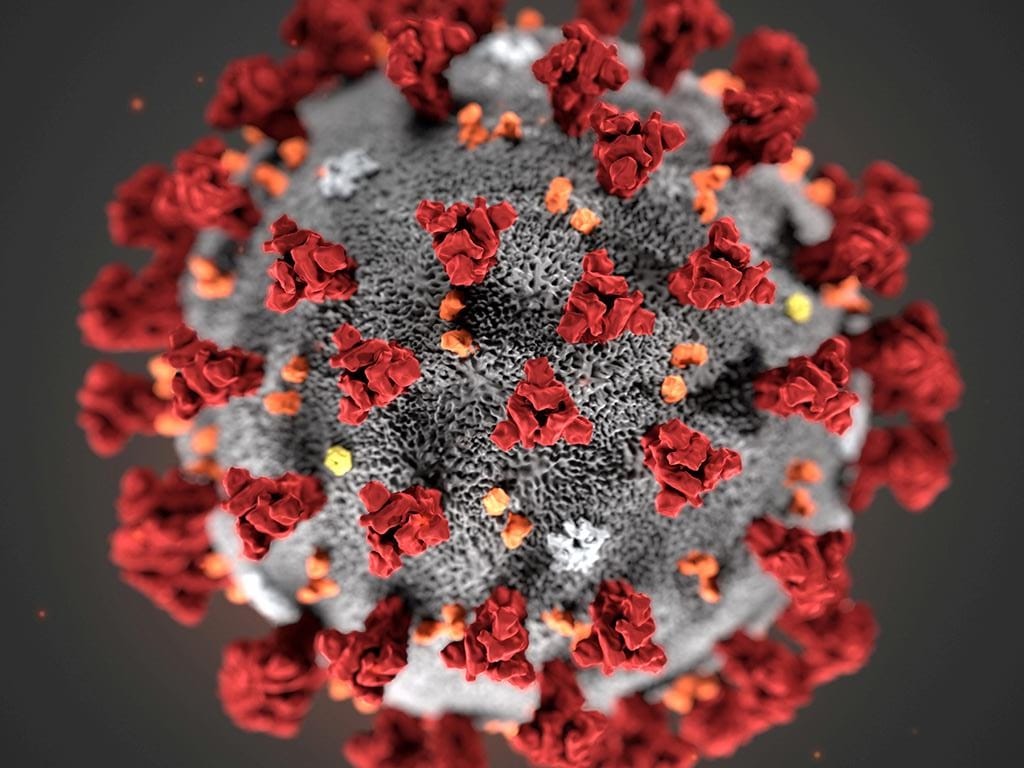
PreventEpidemics.org, which provides country-level information on epidemic preparedness, launched a hub for timely, accurate and easy-to-understand information on the virus and its global impact.
Coronavirus Shows Need for Investment in Epidemic Preparedness
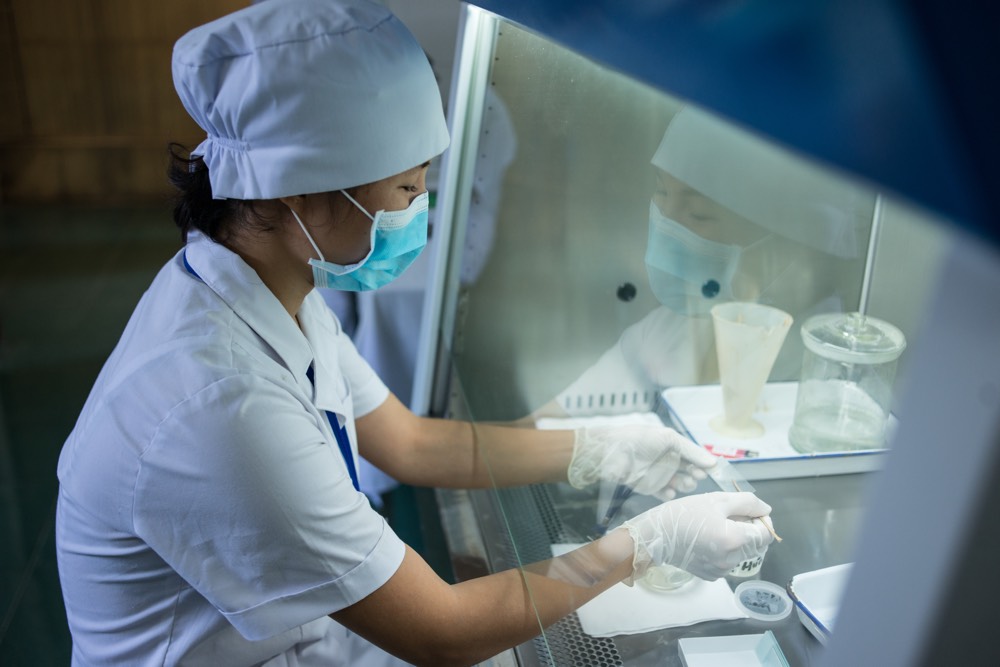
President and CEO Dr. Tom Frieden published on OpEd in the Washington Post calling for greater investment in global epidemic preparedness: “The world needs a massive investment to protect against the next health threat.”
The good, the bad, and the ugly in global health in 2019
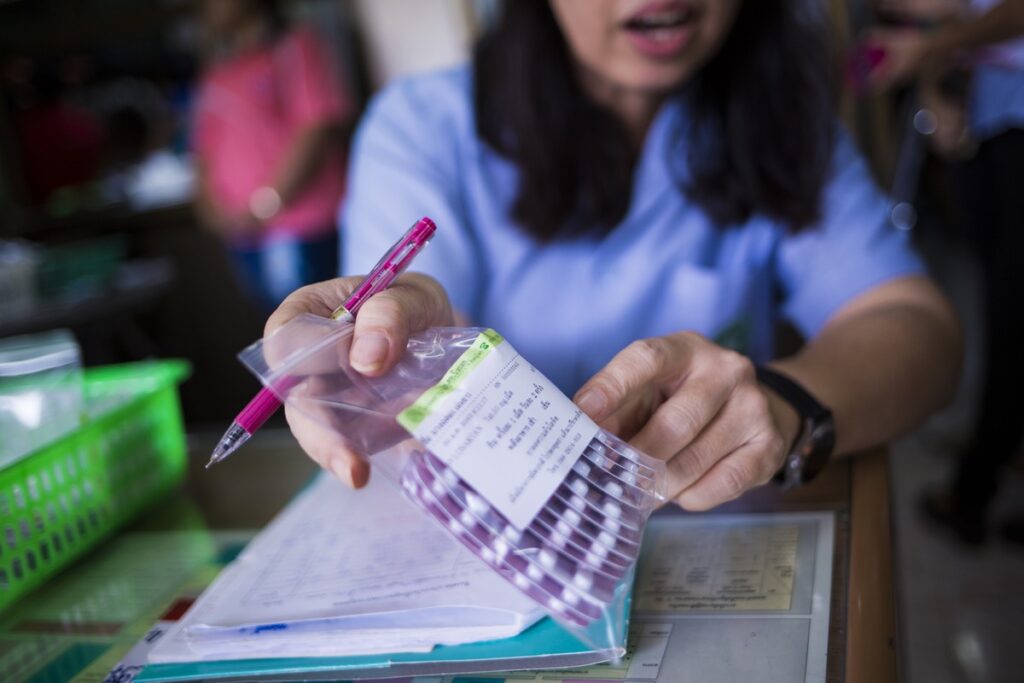
2019 saw both big advances and big setbacks for global health, President and CEO Dr. Tom Frieden writes. Can 2020 mark the start of the healthiest decade ever?
Call for submissions:Epidemics that Didn’t Happen 2019
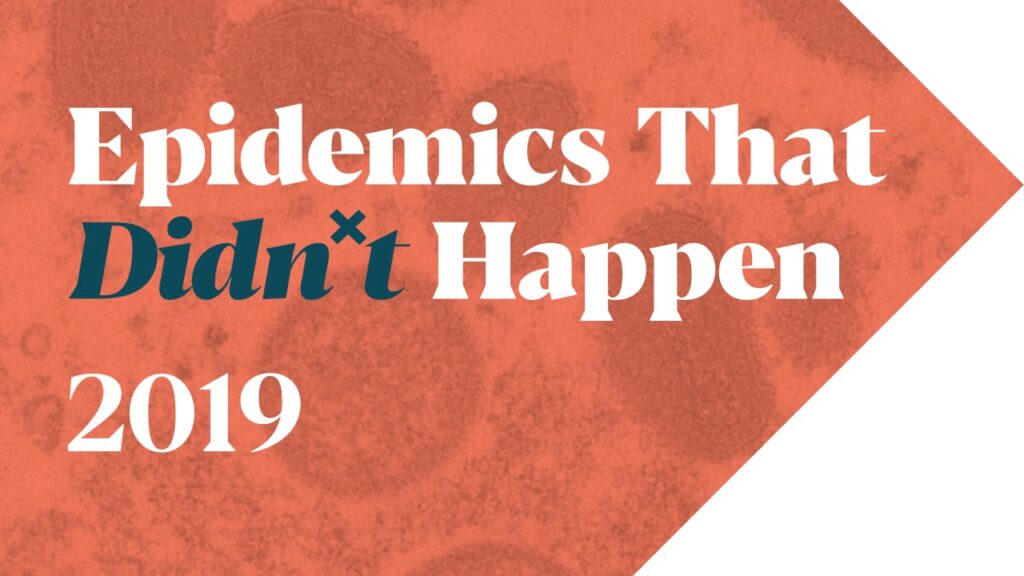
We’re developing a report featuring case studies from around the world that showcase how strong epidemic preparedness stopped outbreaks in 2019. Have a case we should feature? Submit a short summary here by December 20th, or learn more here.
Leveraging World Bank Funding for Epidemic Preparedness
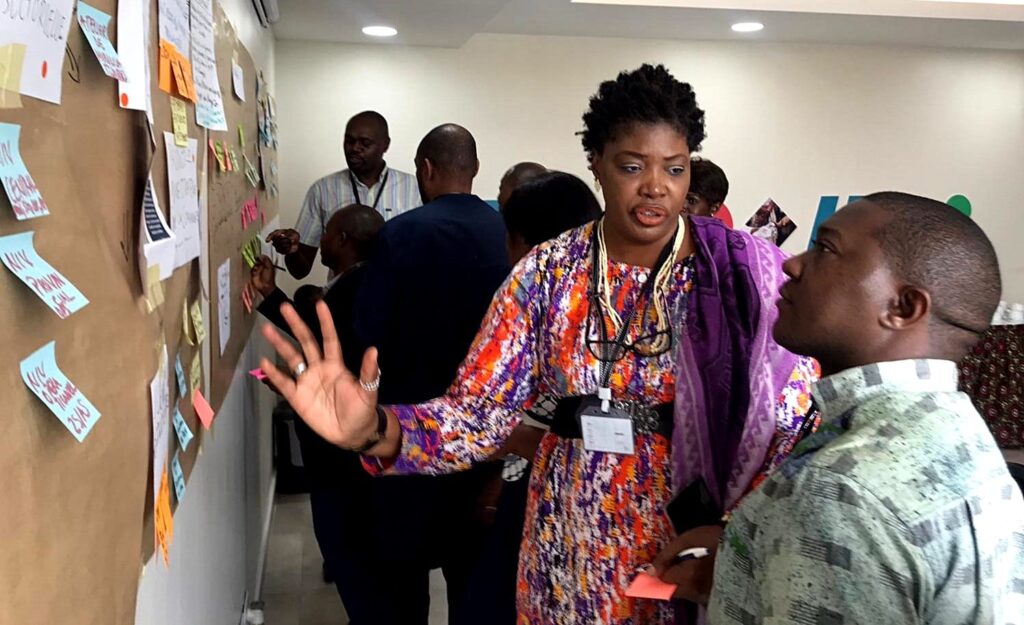
We worked with leaders from the ministries of health, agriculture, environment, and finance in the Democratic Republic of the Congo at a project management bootcamp, aligning priorities to step up epidemic preparedness and leverage funds from the World Bank’s $150M REDISSE IV program.